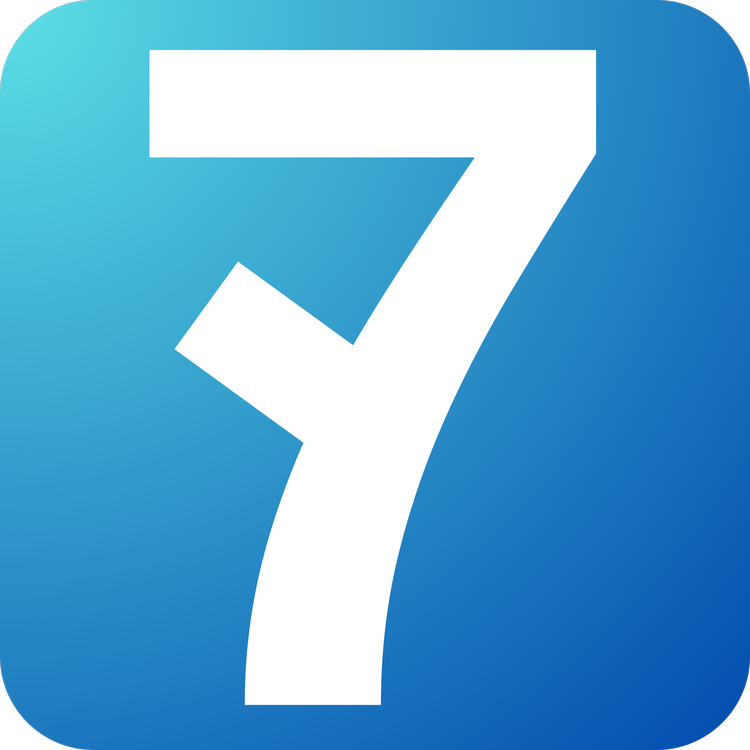Forget everything you think you know about your future. It’s time to build your own career hypothesis. Ask yourself What job do I think I want? Let’s descend into the rabbit hole.
For me, the question was complicated and had a lot of baggage attached to it. Baggage from friends, family, teachers, and my past experiences. So naturally, I resorted to a conference room with empty whiteboards. The questions that helped me most were: What makes me excited? What do people tell me are my talents? What types of articles do I read? After a few long sessions of exploring my thoughts, I had my career hypothesis. I decided that a robotics startup fit me as a possible career. Because I love building stuff with my hands, love wearing many different hats, love learning new skills, and love always having something to do at work, it seemed like a good hypothesis. My choice took into account what I liked to talk about with friends, times when I was hyper-focused or felt alive when time drifted away from me (flow), and previous jobs I had had.
Next, I tackled what I now call the indirects. The indirects are location, salary, climate, impact, size, amount of autonomy, title, and anything that is not the job function. As an example, for me the impact of the company mattered, the salary had to be enough to live on, and the size had to be small because I wanted to be at a startup. The other indirects I did not care about. Now I had my career hypothesis and indirects. The indirect ended up being super helpful because they narrowed down my list of jobs to something manageable. I found that when searching if my options exceeded 20, it became overwhelming and harder to pick target jobs. Adjusting the knobs of the indirects is a great way to get to less than 20.
Now you may ask yourself. Now what? Well, go to SaT-7 Earning a Calling: The White Hole of Opportunity, where you can find out how to land your job hypothesis.
::Your job hypothesis is a result of what excites you::
